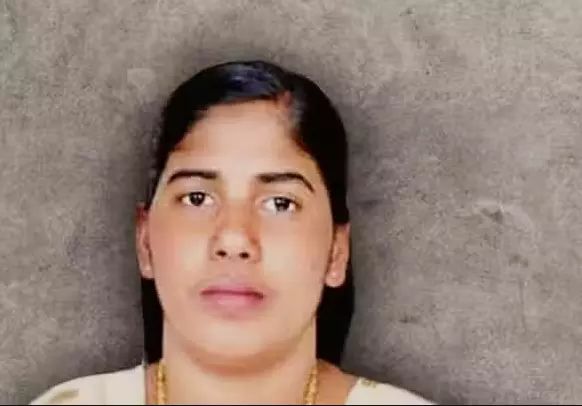Yemen’s Death Sentence on Kerala Nurse: Ongoing Efforts for Mercy

The death sentence handed to Nimisha Priya, a Kerala nurse convicted of murder in Yemen, has garnered significant international attention. The Indian Ministry of External Affairs (MEA) is extending support to her amidst ongoing efforts to negotiate her release through Yemen's legal provisions, including the concept of "blood money."
Background: How Did It Begin?
Nimisha Priya, a 36-year-old nurse from Palakkad district in Kerala, moved to Yemen in 2008 to support her family financially. After years of working in hospitals, she established her own clinic with the help of a Yemeni citizen, Talal Abdo Mahdi, as required by local law for foreigners starting a business.
Their professional relationship began to sour in 2014 when Nimisha accused Mahdi of misappropriating clinic funds and exerting control over her passport, which left her unable to leave Yemen. After filing a police complaint, Mahdi was briefly arrested in 2016 but allegedly continued to harass her following his release.
In 2017, during a heated dispute, Nimisha reportedly administered sedatives to Mahdi in an attempt to recover her passport. Unfortunately, an overdose of the sedatives caused his death. She was arrested while trying to flee Yemen and subsequently convicted of murder in 2018.
The Legal Battle
In 2020, a trial court in Yemen sentenced Nimisha Priya to death. Yemen's Supreme Judicial Council upheld the verdict in November 2023. Yemeni law provides the option of "diya" (blood money), where a victim’s family can accept monetary compensation in exchange for sparing the convict’s life.
Efforts to appeal against her conviction were rejected, leaving the diya negotiation as the only path to save her life. This aspect of Yemeni law is rooted in Islamic jurisprudence and is often invoked in murder cases.
Why the Death Penalty?
Yemeni law enforces capital punishment for a range of crimes, including murder, drug trafficking, and certain moral offenses. In Nimisha’s case, her conviction of premeditated murder under Yemeni law warranted the death penalty.
Efforts to Save Nimisha Priya
Nimisha’s family, supported by activists, lawyers, and expatriate organisations, has been working tirelessly to save her. Her mother, Prema Kumari, sold her property to fund legal proceedings. The Save Nimisha Priya International Action Council, an NRI group in Yemen, has been mediating with Mahdi’s family to negotiate the diya.
However, progress has been slow and complicated. The victim’s family demanded a substantial amount, and legal proceedings faced setbacks when the lawyer appointed by the Indian Embassy, Abdullah Ameer, demanded a pre-negotiation fee of $20,000 (₹16.6 lakh). This stalled discussions temporarily.
Despite the MEA providing $19,871 for Ameer’s fee and activists crowdfunding additional amounts, transparency issues and logistical hurdles have delayed further negotiations.
The Current Situation
With the diya negotiation still unresolved, the MEA has assured that it is extending "all possible help" to Nimisha Priya. Meanwhile, activists and social workers continue to push for a resolution that would save her from execution.
The case highlights the complexities of navigating foreign legal systems, the cultural nuances of diya, and the pressing need for systemic support for Indian expatriates facing legal crises abroad.

